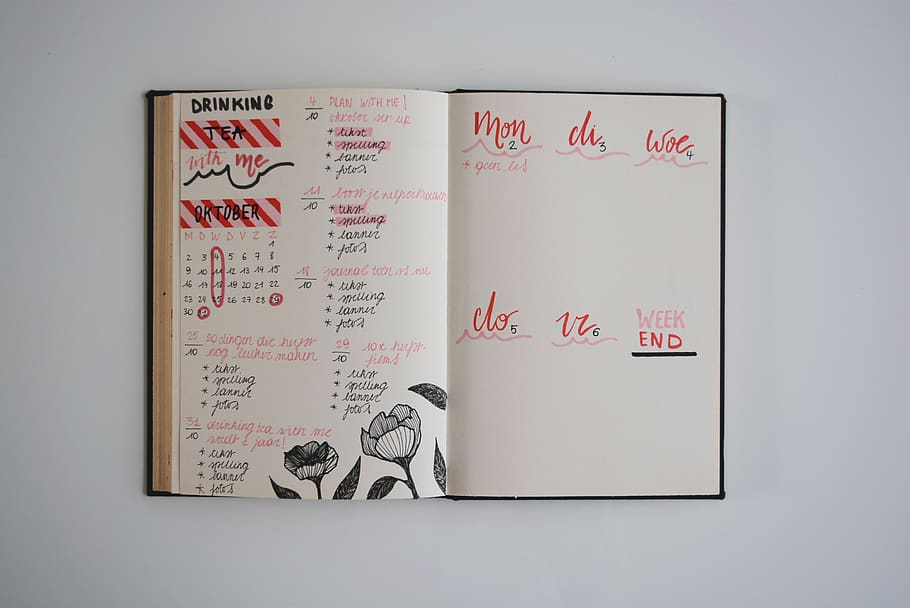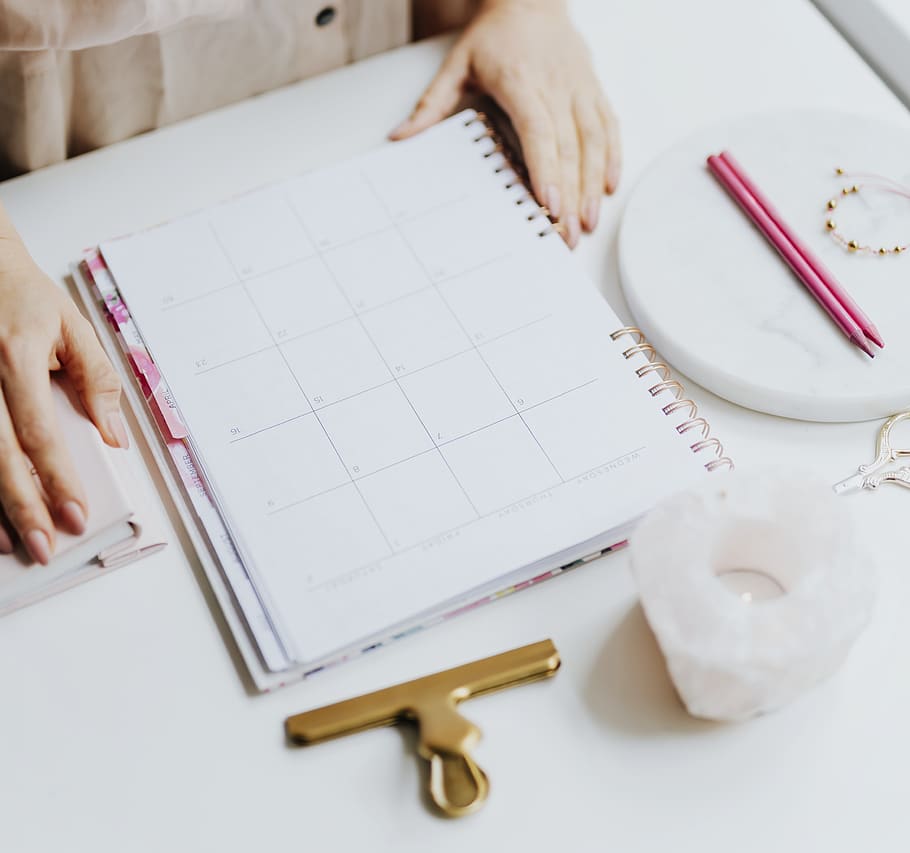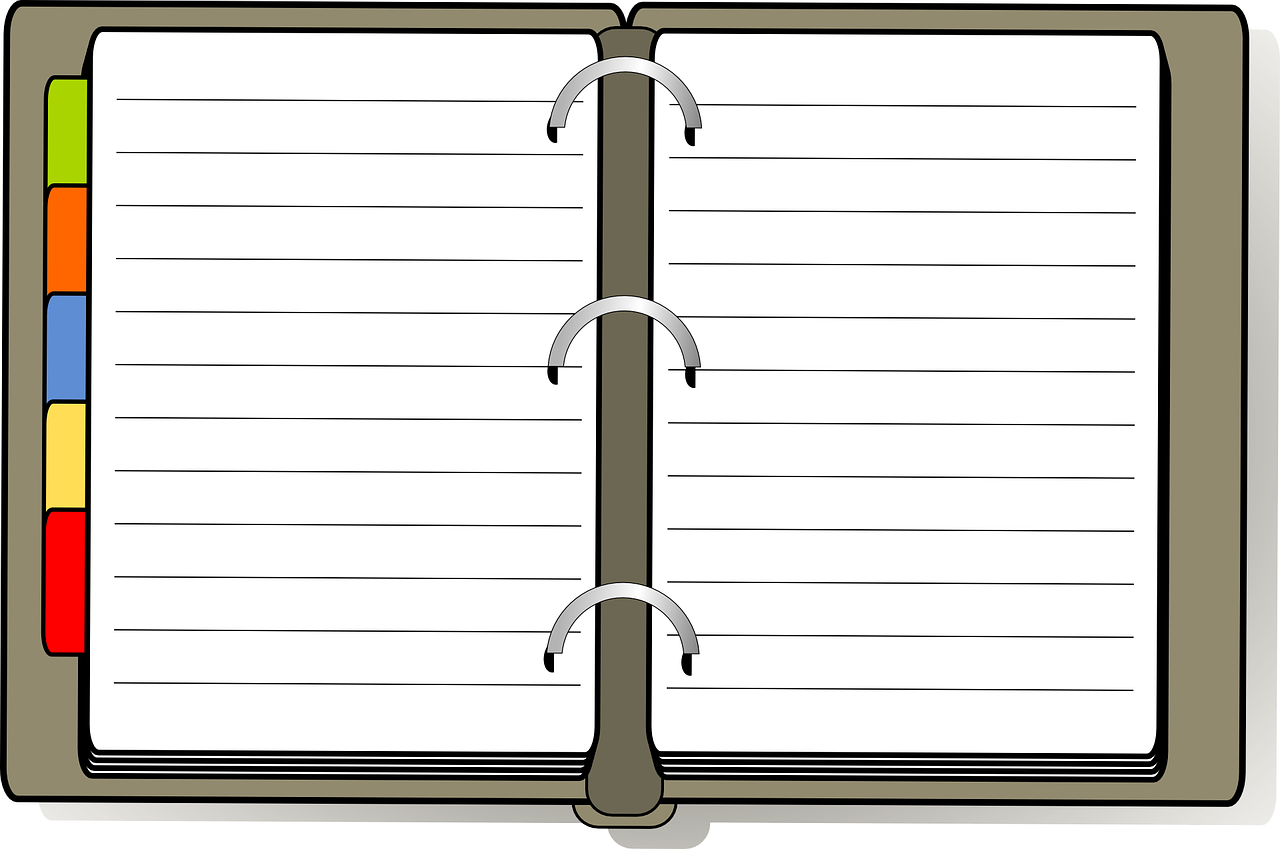hiIn previous part, we saw what is planning and the importance of it and the types of planning. In this part, we will be seeing the personal journal and financial planner in detail.
TYPES OF JOURNALING/ PLANNING:-

- Personal journal
- Financial planner- budget, saving, expenses
- Planner for work/office
- Health/Fitness
PERSONAL JOURNAL:
What should we note down in a personal journal?
Some people have a regular habit of writing personal journals (writing day to day activities). But in a regular rush of our routine, we don't really have 10 to 15 minutes to spend on writing our day to day activities. Maintaining a personal journal would help us in many situations. But at the same time, we obviously don't tend to spend time listing down our routine. So what I suggest is, maintain a personal journal where you write only the important events that happened instead of writing a whole lot of day.
You can note down important dates, important venus, memorable event happened your favorites, your positives, negatives, and much more. Just these things are sufficient nowadays for maintaining a personal journal. But if you are really interested in writing your day to day events, then don't hesitate. Give it a try.
Good. Now we have created a personal journal for listing down our important events or even day to day activities. But is this really sufficient? Not really. A personal journal just captures the events. But to make these events happen in a smooth way, PLANNING takes place. So the next topic is a financial planner.

FINANCIAL PLANNER:
A financial planner is something that reminds ourselves of what is necessary and what is not necessary. In this way of maintaining a financial planner, we tend to judge ourselves and guide ourselves. Mistakes done this month, shouldn't be done the next month. This planner helps us to manage our funds, leaving us a great mind relaxation and relieves us from overthinking.
In a financial planner what things can be noted down?
Separate your planner into three subdivisions.
- Budget side
- Saving side
- Expenses side
In the budget side, start planning before getting your salary credited (or if you are a school or college going pal, start planning at the end of each month). But what should you plan for the Budget side? Here comes the answer. You can list down the things which you have planned to buy or invest, you can list down the expenses which you are expecting that you will do as soon as you get your salary credited. This Budgeting side should look like an estimation sheet.
Now for the savings side. This should be planned as soon as you receive your salary. Even before inking your expenses. Because, we can adjust to our expenses, but shouldn't adjust with the savings side. Where to save? Savings has so many possible ways. Investing fixed deposits will be a better option for sure. Little drops make a mighty ocean. If you want you can also opt for investing in gold (But I am not a gold investing person, after all, it is just metal like any other metals. lol). So just keep in mind to never ever compromise yourself with savings side.
And then the last side is expenses. Start jotting down all the expenses which you do gradually on a daily basis so that when you give a look at it at the end of the month, you will know what were all the necessary expenses and unnecessary expenses. This month's expenses will guide you and you can start planning the next month's budget side. So this cycle goes on. And this is a procedure to maintain a financial planner.

So I hope you humans, have had a basic knowledge of how to maintain a planner and journal and also gained knowledge of what is the importance of maintaining those things. In the next part we will see the next topics, planner for office/work and health/fitness planner. If you hoomans have any doubts or have many more ideas of what all we can include and exclude, feel free to leave your comments below so that others including me could also get benefited from your point of view. Stay tuned. TATA
Comments
Post a Comment